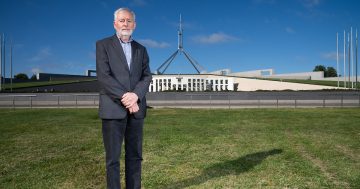 Researchers from The University of Queensland (UQ) say rising cigarette prices have overtaken health concerns as the biggest motivator for people to cut down or stop smoking.
Researchers from The University of Queensland (UQ) say rising cigarette prices have overtaken health concerns as the biggest motivator for people to cut down or stop smoking.
The researchers made this finding after analysing national survey data.
Coral Gartner, an Associate Professor from UQ’s School of Public Health, said the change in motivation coincided with a shift in Government focus, away from mass-media anti-smoking educational campaigns to targeting the price of cigarettes.
“Tobacco taxes in Australia rose by 25 per cent in 2010 and 12.5 per cent annually between 2013 and 2020,” Dr Gartner said.
“Some people who plan to quit sometime in the future for health reasons, may be more inclined to try now when faced with paying $40 for a pack of cigarettes.”
She said cost-of-living pressures were clearly a big factor for some people to take that next step.
“For those who successfully quit smoking in 2019, 48 per cent cited their main motivation was high cigarette prices, compared to 30 per cent in 2007,” Dr Gartner said.
“The study found people most affected by high cigarette prices were those who lived in low income areas, smoked heavily, drank alcohol and experienced high to very high psychological distress.”
Lead author and PhD candidate, Ara Cho said the high cost of cigarettes had also prompted other changes in smoking behaviour like switching tobacco brands or changing to roll-your-own cigarettes.
“Increasing tobacco taxes can positively impact people by motivating them to quit or reduce smoking, which improves their overall health and finances,” Ms Cho said.
“However, not all consumers are motivated by higher prices and there needs to be more Government support for people who find it hard to quit smoking, to reduce potential harm from rising costs.”











